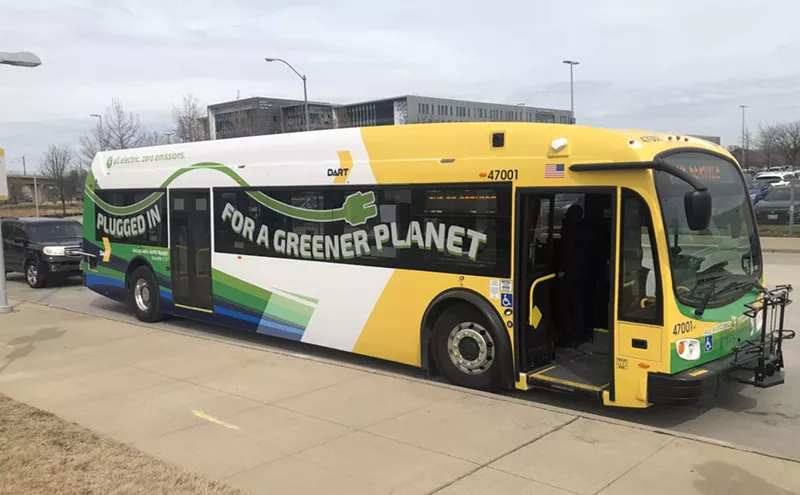"There's nothing sure. The rich get rich and the poor get poor. In the meantime, in between time, ain't we got fun?""Ain't We Got Fun," Van and Schenck, 1921
Hate that lyric. Always did. Don't think it's true. The most recent big upward mobility study found that, while mobility in the U.S. isn't great, it hasn't fallen in the last 20 years the way everybody was saying it had.That means your chances of skinning a rich guy for his money are about what they've always been, pardon me for my worldview.
I've been thinking about this, because I wish everybody would shut up about Highland Park banning all those books. We want them to ban books. I do anyway. Ban them all. Keep their children from reading. Don't you get it?
See also: "Highland Park Bans Books Because Sex"
For instance, they don't want their kids to read about sex (Herman Hesse, Siddartha, Garth Stein, The Art of Racing in the Rain). So when that inevitable day comes when they must step outside "The Bubble," as Park Cities residents call their realm proudly, their only knowledge of sex will come from the way-backs of Hummers (no puns intended) and watching their parents' friends when drunk.
Talk about easy pickins'.
They don't want them to know about poor people (David K. Shipler, The Working Poor: Invisible in America, and Jeannette Walls, The Glass Castle) or minorities, (Toni Morrison, Song of Solomon, Sherman Alexie, The Absolutely True Diary of a Part-Time Indian). Or, even better, they want them to know only what they tell them.
Perfect.
I like to believe that among my forebears were men and women who haunted the docks waiting for greenhorns like this to come in off the boats from Europe. It's what has always made the song lyric untrue in America. The rich don't just get richer. They don't hang on to their money forever, because eventually they get dumber. The phrase for that used to be, "the blood thins."
The thing that parts them from their treasure, the knife blade, is the street smarts of the poor. A bright kid who grows up on a bad street may not read much, either, but he learns early on how to spot a pigeon. It's the great equalizer. Tough poor kids know all about the human condition, because they have no insulation from it.
Rich kids don't know, unless the rich kids read. See, that's the great danger in literature. Reading is the only thing that can show over-protected rich kids what the world is really all about, and we don't want them to know all that. I don't, anyway. Keep 'em fish in a barrel. They've already got the money. Why give them brains, too?
In the wake of the Park Cities book banning, all kinds of drivel has been written about the high-minded elevating effects of literature, including a piece on the op-ed page of today's daily newspaper. Elizabeth L. Silver, who describes herself as "a novelist, a reader, an attorney, a parent and a graduate of Highland Park High School" (way too much going for her already), writes, "Literature has the great effect of improving one's perspective in life. It can transport readers to other worlds that might teach them about humanity, history, science, psychology, parenthood, justice, life."
I say that's not what literature does at all. Literature is what delivers the bruising low-minded wake-up call to people who aren't going to get that call any other way. And they get to learn those lessons without doing time in juvie. It's just not right.
If all literature did was transport people around like a hot air balloon, that would be fine with me. Transport 'em wherever you want, the farther the better as far as I'm concerned, as long as some street-smart poor people get a shot at them when they float by. But there you have it, the secret at the heart of upward mobility in our democracy -- street smarts.
That's what literature really gives rich kids. Street smarts. Literature evens the score. It's the mud and blood of real life, the warfare between hope and despair, the universals, the ways in which all human beings are one and so all human beings who can read books can read each other, too. We don't want rich kids to know any of that. I don't, anyway.
If rich kids are left only with what their rich parents tell them, then it's open season on them the second they step outside the game preserve. But if the little devils have been reading -- reading about scam artists and predatory sex and suckers born every minute -- then they've got both the money and the street smarts. I cry foul, sir.
If on the other hand a typical product of The Bubble has been confined to Ayn Rand, Rick Warren and the Bible, any street-smart kid with a good smile and half a semester at a junior college ought to be able to get inside her purse (still no puns, promise) in a New York minute. And really I am not advocating the taking of sexual advantage, unless it is the only path toward community property.
That's why I say keep 'em in Christian Louboutins and cross pendants until they're 30. Don't let them read a damn thing. Ban everything but catalogs. Don't give them all that money and social advantage and then also give them street smarts through literature. Keep upward mobility sporting, the way it's always been. Ban more books in Highland Park. Please.












